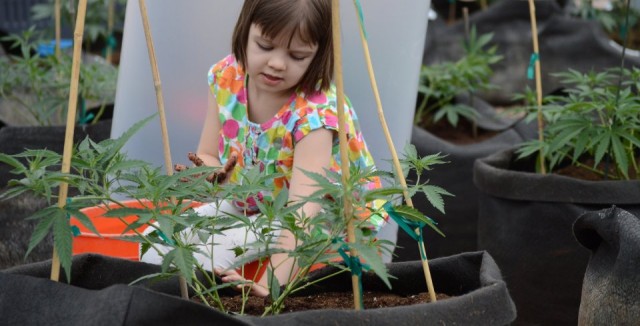 I read a fairly innocuous article the other day wondering about the efficacy of CBD on epilepsy.
I read a fairly innocuous article the other day wondering about the efficacy of CBD on epilepsy.
Really, it was just an un-opinionated account of the lack of true science behind CBD as a treatment. Mentioned in this article, is a comment saying that some scientists are hesitant to believe the results that parents are reporting, stating that they are “too good to be true.”
I understand this hesitance. With science, medical science in particular, it is important to be able to replicate results with a certain degree of certainty before anything can be viewed as factual. The scientific method operates this way to weed out outliers and anecdotal anomalies. For instance, I read a study a while back about a small group of Haitian men who, despite having repeated, unprotected sex with HIV-positive prostitutes, have never contracted the disease themselves. It’s not exactly clear why that was the case, but anyone who read that study and proceeded to toss the condoms out the window en route to the brothel is playing with fire.
From the article:
“Epileptic patients and especially parents of children with the condition believe that the cannabidiol component of marijuana was effective, but there remains little solid evidence that it was not just a placebo effect, researchers said here. Two surveys of parents of children with severe seizure disorders, presented at the American Epilepsy Society annual meeting, found high rates of perceived efficacy, particularly for Lennox-Gastaut syndrome and infantile spasms.
But the authors of those studies said the results were, in the words of one, “too good to be true” and in direct conflict with their own experiences in seeing patients taking cannabidiol-based products. That is not to say the drug is definitely or even probably ineffective, however. Researchers were adamant that no firm conclusions could be reached until a randomized, controlled trial is conducted — and such studies are launching shortly.”
I’m thrilled that studies to fully investigate this issue are in the works. I suspect that there is even a chance that scientists will discover that cannabis may be more effective than the anecdotal reports suggest. It’s also possible that they might find out other, as-yet-unseen, qualities to the plant. I’ll bet you the parents of kids who have dramatically improved since having ingested CBD don’t think the results are too good to be true, they are likely just thankful that their babies are doing better.
The article does mention a bit about the possible placebo effect at play in these success stories, but that seems a weak argument to me. Many of these children who have benefited from CBD are very young, still toddlers. For the placebo effect to be a possibility, the patient has to truly believe they are taking something they are not, in fact, taking. It seems far-fetched to assume a 3- or 4-year old epileptic child would be able to understand enough of what they are taking to be affected by a placebo.
As it stands, the parents are slipping CBD into their child’s diet somewhere, likely not even calling the child’s attention to it. Kinda like how you sometimes mash-up a pill into some applesauce to get your kids to take their medicine. It’s difficult to give credence to the placebo effect when the child has no idea they are taking the substance at all.
I also think that “too good to be true” will be a phrase that follows the burgeoning space of cannabis medicine for quite some time. I believe it is amazingly good, but not too good to be true. It’s a miracle awaiting validation.









